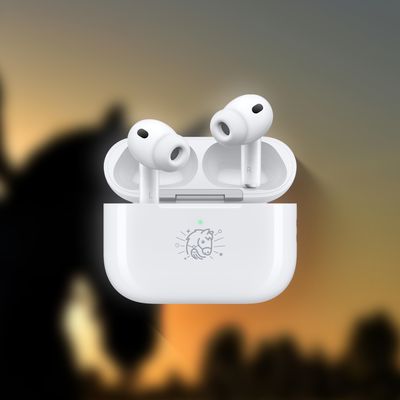Apple has been criticized in South Korea for its mobile app refund policy which game developers say removes them from the process and is regularly being abused.
Apple controls the App Store payment refund process for paid-for apps and determines whether to give refunds to consumers. According to The Korea Times, because Apple does not provide information about who has been issued a refund, developers have no other choice but to manually track down users and check if they continue to use the charged content they have already received the refunds for.

Apple says it does not provide information about users who have requested a refund in order to protect consumer rights. But some users have reportedly abused the loophole in Apple's refund policy to purchase charged content multiple times, request refunds and continue to consume the content without actually paying for it. According to The Korea Times, some of the abusers even run profitable businesses to operate the refund process on others' behalf.
Mobile game companies in the country are said to be taking their own measures to counteract Apple, which has so far remained silent on the issue. Korean game development studio Flint said it had independently tracked down 300 users who they suspected of abusing the App Store refund policy, and pledged to "root out the abusers" by requesting judicial authorities for an investigation.
Next Floor, distributor of Korean game Destiny Child, also complained about the difficulties in dealing with abusers without Apple's help.
"We are regulating those who abuse the payment process and damage other users under our management policy," the company said. "Unlike other application stores, Apple does not provide refund information to the game companies and we are having difficulties in promptly counteracting the problem."
Mobile game studio Nexon and Longtu Korea said it had asked Apple for the lists of users who requested refunds several times, but the company did not respond. "I cannot understand Apple's policy in that it does not provide the list of people who abuse the system even when it is already causing problems in the market," said a source from the studio.
By contrast, Google's app store refund policy states that users can receive refunds on charged mobile content only once if they request it within two hours after payment.
























Top Rated Comments
It's not that people buy a $1.99 game, then get a refund and keep playing.
It's that people buy $100 in in-game "currency" using an in-app purchase, then get a refund, and keep the $100 of in-game "currency". Then do this again. And again. And again.
Oh, you want to have the best fort in Clash of Clans? $100 in in-game gold, and you can do it quickly! Then get a refund on that in-game gold. Want to get good Pokemon faster? $100 in in-game gold and you can lure more Pokemon to you (for a long time.) Then get a refund on that in-game gold.
If not, then leave "Korean" off the description you post. Their "Koreanness" has nothing to do with the issue.
Don't know how clash of clans can do this but Koreans can't figure out what the refund was for...
So pretty simple. Get rid of in app purchases. Than they wouldn't have an issue tracking down people who ask for refund. One time fee payment for full game.
you work for company B and i'm a customer on the same server as Fred. While you haven't lost money, what you've done is enabled Fred to gain an unfair advantage over me and many others who have not bought the coins and got the stuff for free. of course, we don't know that he hasn't paid for them - perhaps he's just a mr moneybags. but word gets out, the big spenders get upset that people competing with them are doing so by fraud and a ****storm goes down on the game's message boards. shrink isn't measurable in terms of lost sales - yet - but is high in terms of lost reputation and goodwill. it could well have a material effect an order of magnitude higher than company A's issues going forward.
comparing a video streaming service which serves one end user at a time, to a MMO game where the actions of one gamer affect the others is silly.